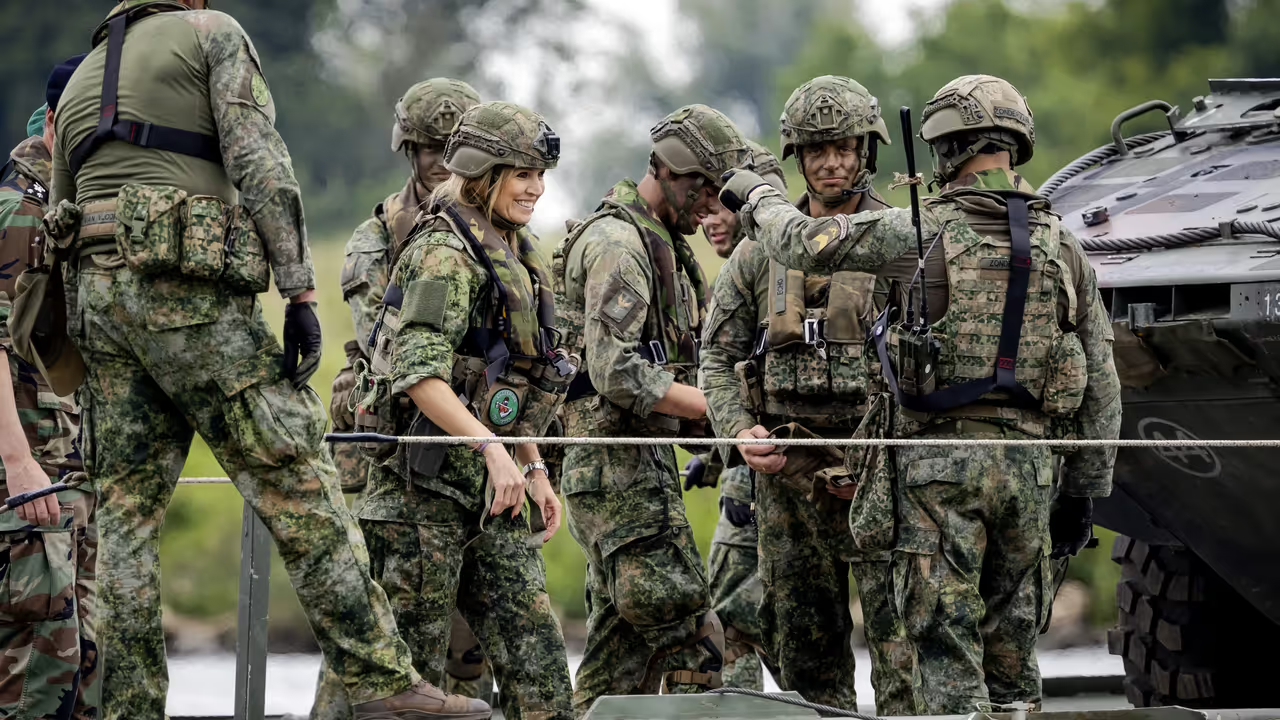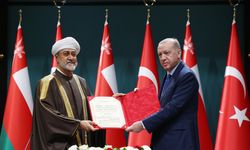Historically, the Netherlands adhered to the "peace dividend" concept after the Cold War, with defense spending reaching a low of just 1% of GDP in 2013. The 2008 financial crisis further exacerbated this decline, as austerity measures led to significant cuts in military funding. However, events like Russia's annexation of Crimea in 2014 and the invasion of Ukraine in 2022 underscored Europe’s vulnerabilities, compelling a reevaluation of defense priorities.
In response, the Dutch government adopted the Defense Financial Obligations Act, ensuring sustained defense investment. Meeting the 2% GDP target in 2024 is a testament to this commitment, enabling the modernization of armed forces and bolstering national security. Key initiatives include upgrading advanced military equipment, expanding training programs, and increasing personnel. Investments are also directed at missile defense systems, cybersecurity, and electronic warfare to counter evolving threats like cyberattacks and hybrid warfare.This development aligns with a broader NATO trend, as other member nations have also boosted defense budgets. The United States, the largest contributor, allocated $28.791 trillion to defense in 2024, accounting for 66% of NATO’s total expenditure. Meanwhile, Russia's and China’s defense budgets highlight growing global competition, with Russia allocating $120 billion for 2025 and China spending $231 billion in 2024.
Despite progress, challenges remain. Balancing defense spending with other national priorities like healthcare and education is a pressing issue. Additionally, adapting to technological advancements such as cyber warfare and autonomous weaponry requires sustained investment. NATO officials have emphasized that the 2% GDP target should be seen as a minimum rather than a ceiling, urging further increases to address accumulated gaps and prepare for future threats.
The Netherlands, committed to playing an active role within NATO, is prepared to consider further defense budget expansions. Discussions are also underway to enshrine this standard in legislation, ensuring long-term adherence to NATO's defense goals.
As global tensions rise, the Netherlands' achievement of the 2% target underscores its dedication to national security and collective NATO missions. This step forward signals a long-term commitment to strengthening military capabilities in an increasingly unstable geopolitical environment.








